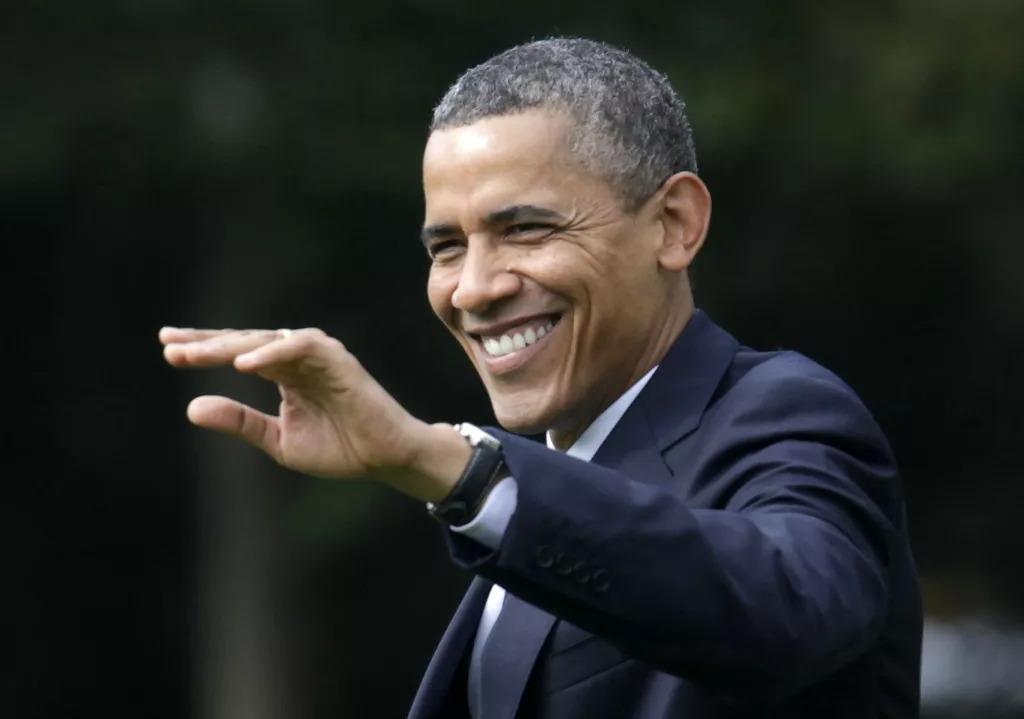Punch-up over giant pandas divides Belgium
The bears will go to a wildlife park in the French-speaking region of Wallonia, not far from Di Rupo's home.

The bears will go to a wildlife park in the French-speaking region of Wallonia, not far from Di Rupo's home. PHOTO: FILE
China offered to lend the giant pandas during a visit by French-speaking Belgian Prime Minister Elio Di Rupo this week.
The bears - prized for their ability to draw in thousands of visitors - will go to Pairi Daiza, a wildlife park in the French-speaking region of Wallonia, not far from Di Rupo's home.
Di Rupo said the 15-year loan of male and female pandas, Xinhui and Haohao, was an honor for Belgium. But not all of his compatriots agreed.
Zuhal Demir, a lawmaker from the Flemish separatist N-VA party, said it was clear that Di Rupo had intervened to ensure the pandas went to the French-speaking south rather than the older Antwerp Zoo, in the Dutch-speaking region of Flanders.
The head of Flanders region, Kris Peeters, also visiting China, said he would seek an explanation from the Belgian prime minister.
The 170-year-old Antwerp Zoo said it was disappointed by the decision, noting it had already housed pandas in 1987 and had bid unsuccessfully for another pair 10 years ago.
"All in all we are rather surprised that the prime minister did not think of us," a zoo spokesman said.
Di Rupo's office said only Pairi Daiza had made an official request for the pandas and had contacted China directly.
China has agreed to long-term panda loans to a list of countries, including Britain, Australia, Austria, Japan, Singapore, Spain, Taiwan, Thailand and the United States.
Many zoos have seen visitor numbers spike by 20 percent or more after pandas arrive.
Belgium has long been split between the two regions, with different languages, education systems and regional policies.
Wallonia was the engine of the economy until the immediate post-war years, but has slipped behind in an era of services-based and digital industries.
It is now Flanders, with an export-minded services and manufacturing economy, that is wealthier and has an unemployment rate about half that of southern Belgium.



















COMMENTS
Comments are moderated and generally will be posted if they are on-topic and not abusive.
For more information, please see our Comments FAQ